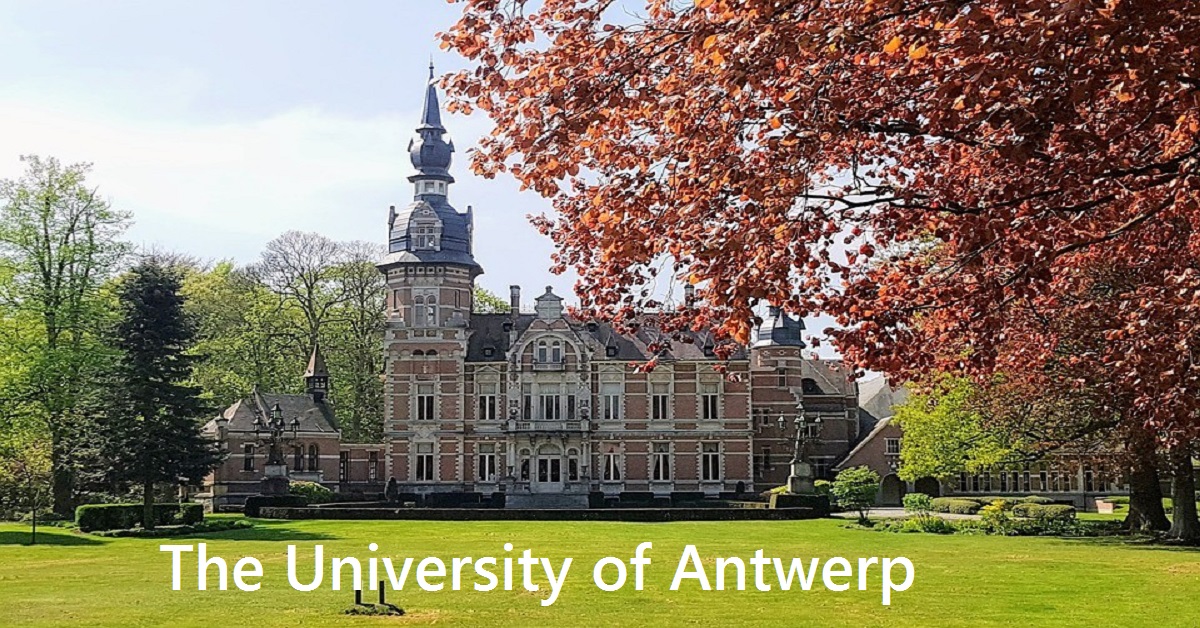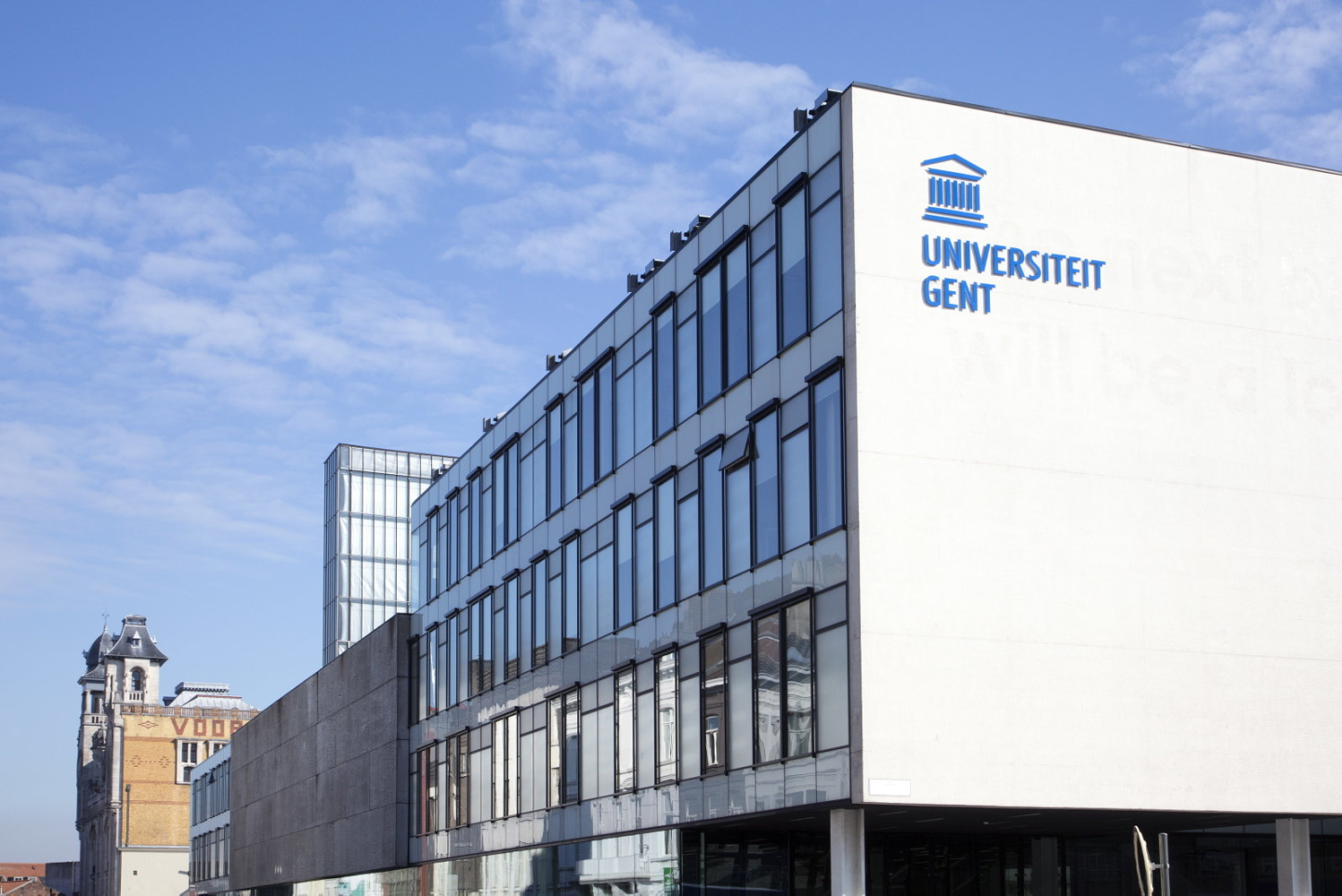DTU invites applications for a postdoc position within the research project BoostEuroTeQ. The project is focused on strengthening value creation in European technical universities by increasing our ability to interact with stakeholders and wider society in order to ensure desirable and socially robust pathways for societal transformation. The project investigates how co-creation teaching can contribute to this. You will particularly focus on developing an approach to evaluate the impact of co-creative education for innovation and understand its scalability.
You will be based in the Responsible Technology Group at DTU Management and take part in the group’s teaching and research activities. The group is a key player in DTU’s strategic aim to foster ‘technology for people’, i.e. to put human needs and aspirations at the centre of technological development. It is interdisciplinary and focused on the processes through which technologies are developed and implemented in a socially sustainable and responsible manner.
Responsibilities and qualifications
The alliance of EuroTech Universities has the ambition to introduce a paradigm shift in engineering education, striving for responsible value co-creation in technology. The partners share a conviction that we need to involve society as an active partner in technology development, including all relevant stakeholders alongside civil society and policy-makers. This has led to multiple collaborations between the partner universities and it is the driving force behind BoostEuroTeQ.
Along with Professor Maja Horst, you will be responsible for work package 6 of BoostEuroTeQ, assessing the transformative effects of co-creation teaching practices and philosophies in teaching and research. You will also be involved in work packages 4 and 5 in close collaboration with colleagues in partner universities. Not only will you study co-creation, co-creation will also be the methodological premise of your research. You will work with students, teachers and university management when designing and testing interventions.
You should have experience with research relevant to the issue of higher education/engineering education and co-creation processes as well as competences in qualitative methods (e.g. interviews and observation). Experience with quantitative methods such as surveys and evaluation is also an advantage.
In addition, you should possess the following competences:
- Enjoy working with complex topics in an interdisciplinary environment
- Be motivated by both individual and team accomplishments
- Excellent communication skills and a focus on process as well as outcome
As a formal qualification, you must hold a PhD degree (or equivalent).
We value a collective, generous, playful and supportive work environment and we expect you to contribute to this. We will make sure you can develop your own talents and career, just as we expect you to do the same for students and junior faculty.
We offer
DTU is a leading technical university globally recognized for the excellence of its research, education, innovation and scientific advice. We offer a rewarding and challenging job in an international environment. We strive for academic excellence in an environment characterized by collegial respect and academic freedom tempered by responsibility.
Salary and terms of employment
The appointment will be based on the collective agreement with the Danish Confederation of Professional Associations. The allowance will be agreed upon with the relevant union.
The period of employment is 2.5 years. The position is available from 1 September 2021 or as soon as possible thereafter.
You can read more about career paths at DTU here.
Further information
Further information may be obtained from Professor Maja Horst, majho@dtu.dk, tel.: +45 2028 6866.
You can read more about DTU Management at www.man.dtu.dk/english.
If you are applying from abroad, you may find useful information on working in Denmark and at DTU at DTU – Moving to Denmark. DTU can provide Danish language courses enabling international candidates to teach in Danish within 3 years.
Application procedure
Your complete online application must be submitted no later than 15 August 2021 (Danish time). Applications must be submitted as one PDF file containing all materials to be given consideration. To apply, please open the link "Apply online", fill out the online application form, and attach all your materials in English in one PDF file. The file must include:
- Application (cover letter)
- CV
- Academic Diplomas (MSc/PhD)
- List of publications
- Motivation letter which explains how your competences fit the EuroTeQBoost project and how you would develop WP6 (the project description can be acquired from Maja Horst)
All interested candidates irrespective of age, gender, disability, race, religion or ethnic background are encouraged to apply.
DTU Management
DTU Management conducts excellent research in the intersection between management, technology and economics - in close cooperation with companies and public authorities. In our research, we focus on the path to an efficient and sustainable society. A key element is the role of technology and its interaction with industry and individuals. The department’s research is divided in four divisions: Innovation, Management Science, Sustainability and Transport. Furthermore, the department hosts a UN Collaborating Centre on Energy, Climate and Sustainable development. The UN DTU Partnership conducts research, policy analysis and advising on a global scale. The department offers a broad range of courses and programs at bachelor, master and PhD level across DTU’s study programs. DTU Management employs about 300 people. We offer an international environment with around 50 different nationalities represented at the department.
Technology for people
DTU develops technology for people. With our international elite research and study programmes, we are helping to create a better world and to solve the global challenges formulated in the UN’s 17 Sustainable Development Goals. Hans Christian Ørsted founded DTU in 1829 with a clear vision to develop and create value using science and engineering to benefit society. That vision lives on today. DTU has 12,900 students and 6,000 employees. We work in an international atmosphere and have an inclusive, evolving, and informal working environment. DTU has campuses in all parts of Denmark and in Greenland, and we collaborate with the best universities around the world.
Apply for this job
Apply no later than 15 August 2021
Apply for the job at DTU Management by completing the following form.





